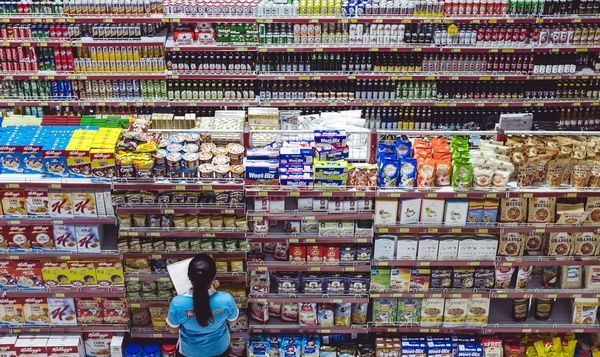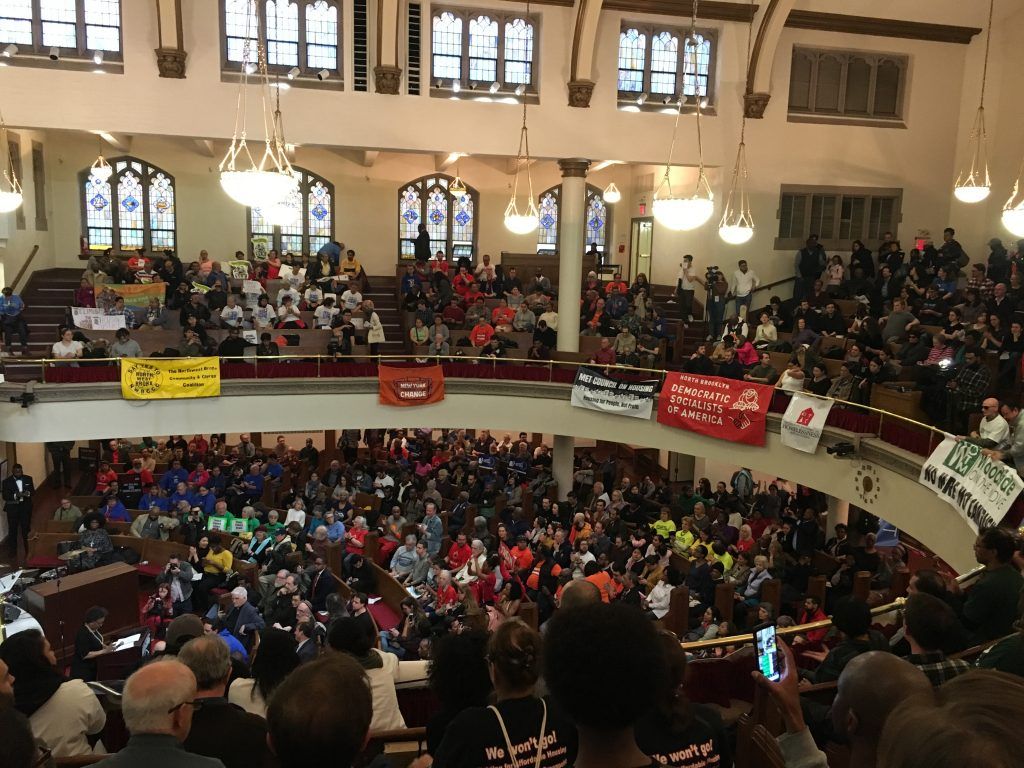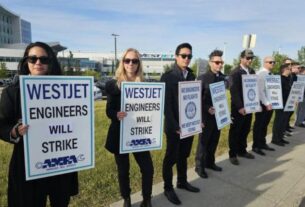Leslie interviewed a worker about her job in the time of COVID-19.
Carol started at her company in a manual labour role. It was a full-time union job – a job she enjoyed. She’s now a sales representative, which is a more lucrative position. She needed to take on this non-union role to support her family, but she misses the support of her union sisters and brothers. Her new role requires driving around the city and visiting customers at retail outlets, always with the incessant pressure in mind to bring in more sales, to increase revenue for the company.
Carol really does not enjoy her work now. In addition to the mental work involved in increasing sales, one of the most mentally taxing things is the company’s all-encompassing culture. To do her job, she needs to project enthusiasm and embody the company’s longstanding and well-established cultures and attitudes. “It is difficult to embody something I don’t believe in and I have been reprimanded in the past for being a less-than-perfect characterization of the culture,” she states.
Part of the challenge is she does not believe in the product and is concerned about its environmental impact. Even in the middle of a pandemic, her job continues almost like there was no change at all. “I have always felt that this product is a waste of labour, and the pandemic makes the drive for profit at any cost, even more pronounced.” Minor concessions to safety were made. The company allowed them to expense hand sanitizer – not much more than a gesture during a several week shortage – and provided face masks on a very delayed schedule. At the beginning of the pandemic, employees were left to interact with customers who did not understand the importance of a physical distance between individuals, with little ability to sanitize their environment or other means to stay safe.
“It’s hard to find a balance – I’m expected to meet targets, live the cheerful company culture, while also somehow asserting my boundaries for my own physical safety. These feel like conflicting endeavors and I don’t feel comfortable. My job is putting my own health – and that of my family – at risk. It’s a real drain – both physically and emotionally.” Adding to her stress is the feeling of being treated as though she is disposable. “They call us heroes while it is clear that the company is absolutely thirsty for profits due to a destabilization of certain revenue channels as a result of changing consumer behaviour.”
In addition to the threat to safety Carol is experiencing on the job, she is feeling the loss of certain outlets she used to have to reduce stress, like coffee with a friend or a visit with extended family.
Decision-makers in the company have made many moves recently that ensure zero loss to the main investors while drastically changing workers’ lives. In addition to the lay-offs, cut hours, and zero hazard pay, the company has decided to stop any annual pay increases or contributions to retirement plans. Despite the main investors’ access to capital, the company is seeking government assistance, without a second of consideration that the main profiteers may have a responsibility here. Unfortunately, our governments are set up such that vulnerable communities struggle with basic infrastructure because resources are used to keep the rich gaining more.
Carol’s company enjoys the benefit of divide and conquer tactics between the unionized workers and non-union sales staff in order to keep the focus away from the decisions from higher ups. In addition to the divisions the company fosters between union and non-union frontline employees due to inherent tensions in their respective roles, the company furthers the divide by holding separate meetings and giving separate communications to each group, often with the expectation of secrecy and minimal information being divulged to the union side.
Carol loved being part of a union because her fellow union workers were supportive and protective. She focused on her work and felt comradeship. Now, a non-unionized employee, she feels isolated.
Despite no passion for the company’s products, Carol is not necessarily against this business existing. Carol believes her company should be owned by the workers – the ones doing the labour and creating the wealth. Instead, several billionaires who do virtually no work rake in the benefits as a result of their initial capital investment. “Now, when the sales are down, they lay off staff and take away our retirement benefits while protecting the investors.”
Carol says that workers need to own the means of production. “With such a massive mobilization of the workforce we could do something better for society. If workers controlled the workplace, things would be different. We’d have fewer over-paid bosses at the top making decisions for us. We should be consulted on everything but instead, we are just told what to do. Front line workers would be involved in decisions like what kind of packaging we use, means of distribution, division of labour. These decisions, if given to workers, would absolutely result in a much more environmentally-sound impact. Not to mention, we would have higher salaries because no one at the top would be siphoning off profits.”
“I do not blame myself for taking the sales job. My income supports my entire family. I went into sales because there is more money. This is just a material condition I found myself in. I have no control over the unfortunate reality of wealth disparity of corporate capitalism and like many other workers under capitalism, I am forced to perform work I take no pride in.”
While Karl Marx recognized that capitalism developed the means of production in the 19th century, he made vital criticisms of capitalism, and realized that a revolution was needed to benefit society as a whole. The COVID-19 crisis has highlighted the issues inherent in capitalism for the general public despite many resounding myths regarding this system rewarding hard work and the like. Folks living in this system may not have noticed that the surplus value of their labour is being stolen by greedy capitalists because the truth has been mired by the rhetoric of hard work and freedom. The crisis, however, has invoked an existential threat, which has been emphatically disregarded by the wealthy in the drive for profit. It has shown that a system that would like to be viewed as synonymous with liberty will fail to meet the basic needs of people in a matter of days when there is a short period of profits not expanding. Interestingly, this failure of capitalism is exactly the kind of failing that socialism is falsely criticized for, by big business apologists. However, the fact is that we are more perfectly primed for a true socialist revolution than ever before, as the means of production are global and being wasted by the present system. The disillusionment with capitalism is palpable among the masses.




